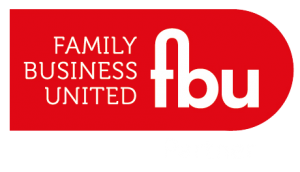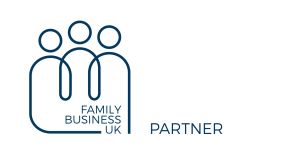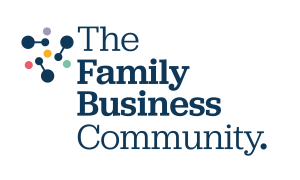There are 250 large family businesses in the UK with final salary schemes. Between them they employ 750,000 people (and support countless other jobs in their supply chains). Many of them operate in critical sectors of the economy including food production, distribution and care. Many of them have been decimated by COVID-19.
As things stand, many of these businesses will not be eligible for the financial support provided by the Government (CBILS and CCFF) because of their size and a combination of their ownership and corporate structure. And of course, many of these businesses, plus a larger number of family-owned SMEs, have large deficits in their final salary schemes, which they have agreed to recover with cash contributions over relatively short recovery periods.
The Pensions Regulator has issued guidance, which now sets out the principles and the information trustees must request before agreeing to a temporary deferral of deficit recovery contributions.
Here we take a look at some of the challenges being faced by all family firms, large and small, in seeking a deferral of contributions, what they can do, and how they can get help.
The implications of COVID-19 on your final salary pension scheme
It’s been astonishing this last week being on the front line advising family businesses on their final salary pension schemes. Otherwise strong and prudently managed businesses have been brought to their knees by this crisis. Whilst trustees and sponsors of pension schemes are being asked to consider entire checklists of pension issues related to COVID-19, the only thing that really matters to most sponsors is whether they can afford to continue paying cash contributions into their schemes.
The Pensions Regulator issued its COVID-19 guidance for trustees and sponsors on Friday 20th March. This includes the process trustees must follow before agreeing to a request by a business for a deferral of deficit recovery contributions. Whilst this brings a degree of welcome clarity and flexibility, it’s so far proving very challenging for businesses focused on matters such as operational safety and maintaining jobs to provide even the minimum information trustees are being told to request to meet the Regulator’s detailed requirements. It’s adding to the frustration that trustees are being encouraged to take costly advice. Whilst most businesses can rely on trustees to respond pragmatically and speedily to requests, some trustees are inexperienced in dealing with these matters. Where a professional trustee firm is involved it can sometimes be difficult for them to ignore such detailed and prescriptive guidance to act quickly and commercially. Many family firms will have family members on the trustee board. They in particular will be concerned about how best to balance their responsibilities to a very broad range of stakeholders in a rapidly changing environment.
The situation is becoming even more acute for large family businesses who are now beginning to realise that they don’t qualify for the Government’s lending support schemes: CBILS or the CCFF. The Coronavirus Job Retention Scheme is an extremely helpful and important initiative, but until the rules are properly understood, it’s creating additional operational complexity and uncertainty for overstretched management teams.
Almost all business will be facing similar cash constraints, but each situation will be different depending on the size and timing of contribution payments. Where the Scheme is in its triennial valuation cycle will also influence the range of options available to each business and the outcome.
Our advice to businesses in severe distress is to get your request in early with as much information (and as much reassurance) as you can reasonably provide. Any form of communication with trustees will be better than simply failing to make payments. You can always follow up with more information as and when you can provide it. For those that have more time to plan, it will probably make sense to prepare a more comprehensive request, which includes detailed cash flow forecasts and a summary of how the business is making efforts to treat all stakeholders fairly.
If you are a family business that needs help, please contact us on our free helpline – 0207 726 2718.
